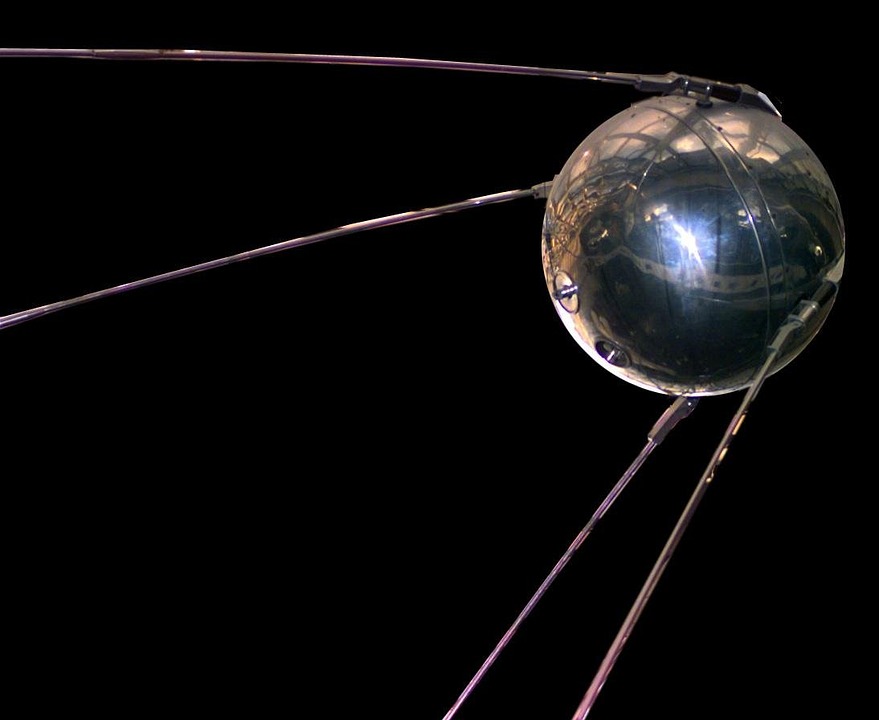You likely don’t think about space junk very much every day, but what if I called it an orbital death sphere? Although this may sound hyperbolic, the current amount of orbital trash may become a serious crisis very soon. So what is space junk, and what are we doing about this death sphere?

Source: pixabay.com
Our Orbiting Landfill
Humanity has now been launching things into space since Sputnik 1 was launched in 1957. Since then, we have launched thousands of satellites into the earth’s orbit. Now, launching a rocket is an incredibly difficult task, so historically we have put all our efforts into getting them out of the atmosphere. A consequence of this mentality is that few launches have planned for what happens with the payload once it has served its use. This has resulted in a graveyard of satellites circling earth. But why should we care about a space graveyard?

Source: pixabay.com
The Death Sphere
Orbiting space junk is moving at thousands of kilometers per hour. This means that some of our space junk is traveling more than 10 times faster than an average bullet.
The real problem comes from orbital collisions. If two satellites happen to run into each other in orbit, the collision could result in thousands of smaller “bullets”. In addition to this, this single collision could cause a cascade of collisions.
This process is known as Kessler Syndrome which is named after the rocket scientist Donald J. Kessler who first realized the possibility. The end result of this cascade is a proverbial “death sphere” which describes a field of small debris encircling our planet. This could trap us on this planet, as any attempt to launch something into space would be met by a stream of destructive debris. A more complete picture of how this happens is shown by the YouTube creator Kurzgesagt – In a Nutshell:

So how do we prevent this from happening? Well thankfully people have started coming up with some solutions.
Saving the Satellites
Attempting to clean up our space junk is a very difficult but necessary task. A recent study published by the International Academy of Astronautics found that the risk of a catastrophic impact with space debris is as high as 45% for projects such as SpaceX’s new satellite. Furthermore, the study went on to say:
“…(Kessler Syndrome) could result in low Earth orbit (LEO) becoming unusable, and remaining in an unusable state for perhaps thousands of years…” (IAA)
Getting to space in the first place is incredibly difficult, and if you can get to space how do you get so much junk out of our orbit? Well, many very unique solutions have been proposed over the years including giant trash catching nets, shooting puffs of air at the junk, and even sending up little janitor robots. Most of these solutions have only been theoretical, until this morning.

Source: Astroscale Holdings Inc.
Earlier today, a magnetic junk capturing satellite was launched by the Japanese company Astroscale. This fascinating piece of engineering uses powerful magnets to capture metallic debris, and safely remove it from orbit. Projects like this give us hope that we will not be restricted in our space fairing ability in the future. Hopefully we can be rid of our orbiting garbage before it grounds us for good.
-Declan O’Driscoll




